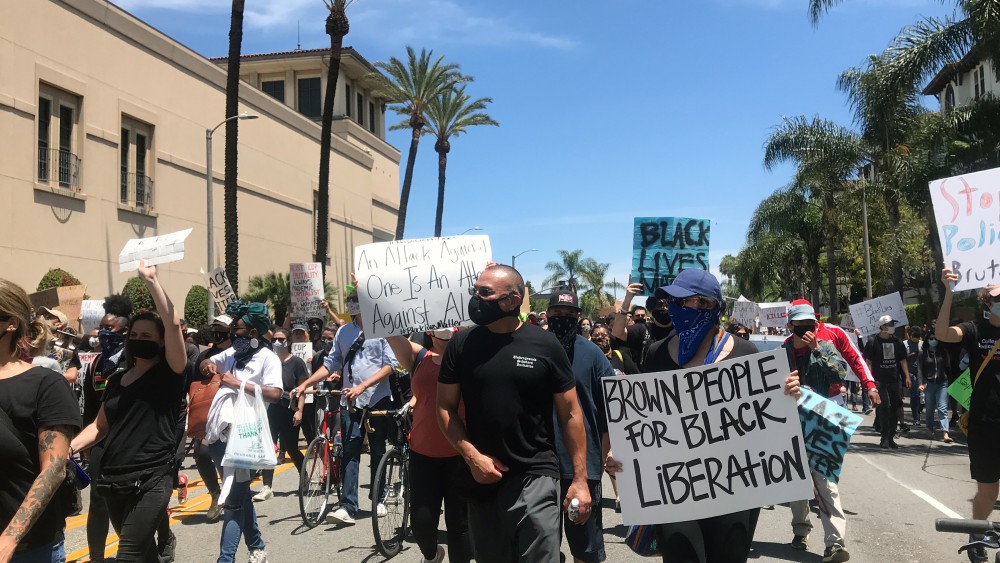Latino clergy, faith leaders rally behind Black Lives Matter movement

To pastor Rosa Cándida Ramírez, it’s evident that the same institutional systems that dehumanize immigrants perpetuate the mistreatment of black Americans.
“We cannot say that immigrant lives matter if we can’t say that black lives matter,” said Ramírez, 31, who helps lead the largely Latina and immigrant La Fuente Ministries in Pasadena, California.
At La Fuente, it’s common for church members to speak about their plight and rights as immigrants. Now, Ramírez said, they’re exploring what it means to be a congregation that also talks about microaggressions, colorism, and the struggles of black communities.





